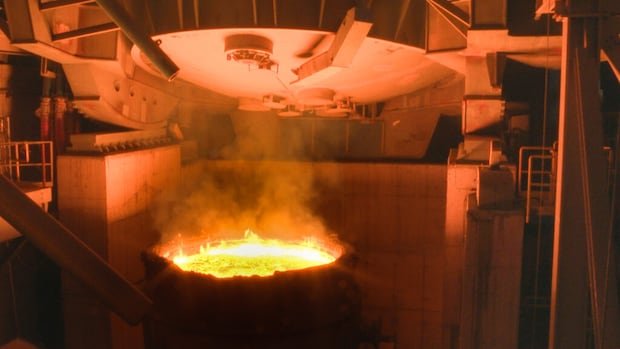Algoma, a steelmaker, is expediting its shift to electric steelmaking due to the impact of U.S. tariffs on steel. Prime Minister Mark Carney engaged with U.S. President Donald Trump to seek relief from the 50 percent U.S. tariff affecting Canadian steelmakers since June, compounded by low global steel prices attributed to oversupply, particularly from China.
In a recent news release, Algoma disclosed securing $500 million in government loans to address the challenges posed by the tariffs, making its blast furnace and coke oven operations unsustainable. Consequently, the company will discontinue these operations and hasten its transition to electric steelmaking. Other Canadian steelmakers are under similar economic strain and are under pressure to decarbonize their operations.
Steel production globally accounts for approximately seven to nine percent of global greenhouse gas emissions contributing to climate change. In Canada, the steel sector produced about 13.1 megatonnes of CO2 in 2023, equivalent to the emissions of three million gas-powered cars or two percent of the country’s total emissions.
To reduce carbon emissions, Algoma is adopting electric arc furnaces for secondary steelmaking, eliminating the need for fossil fuels in the steel production process. This shift is expected to reduce the plant’s carbon emissions by up to 70 percent while increasing production capacity by a third. On the other hand, ArcelorMittal Dofasco in Hamilton is focusing on replacing coal with natural gas and hydrogen to decrease its carbon footprint.
Government investments and initiatives, such as industrial carbon pricing and updated green procurement standards, are incentivizing and supporting the transition to green steel production in Canada. These policies aim to align the steel industry with long-term sustainability goals while ensuring competitiveness in the global market.

